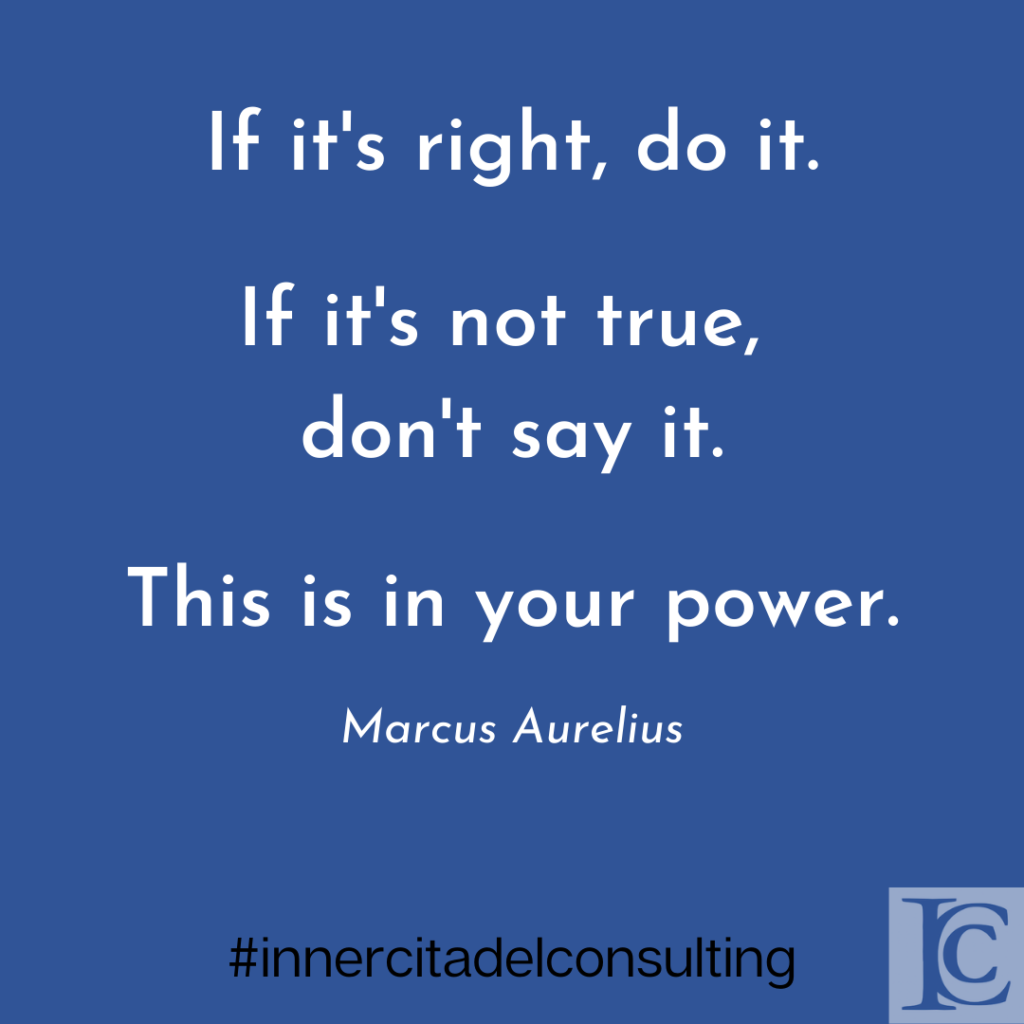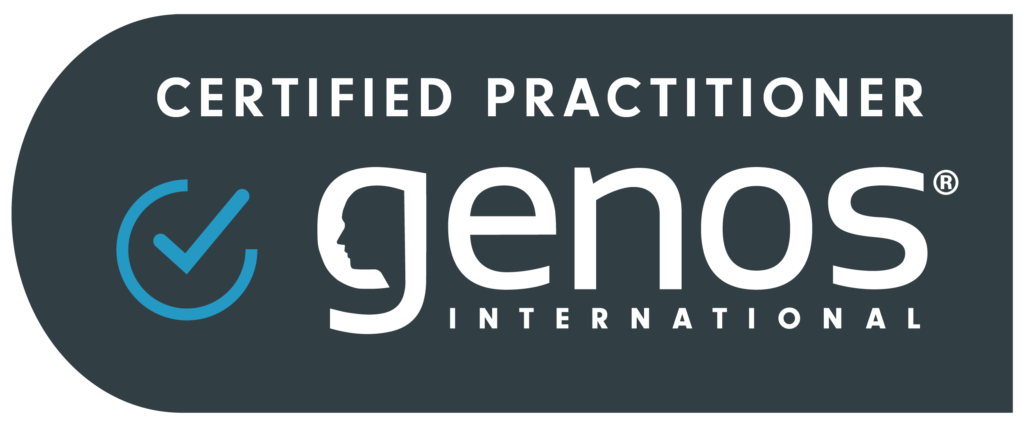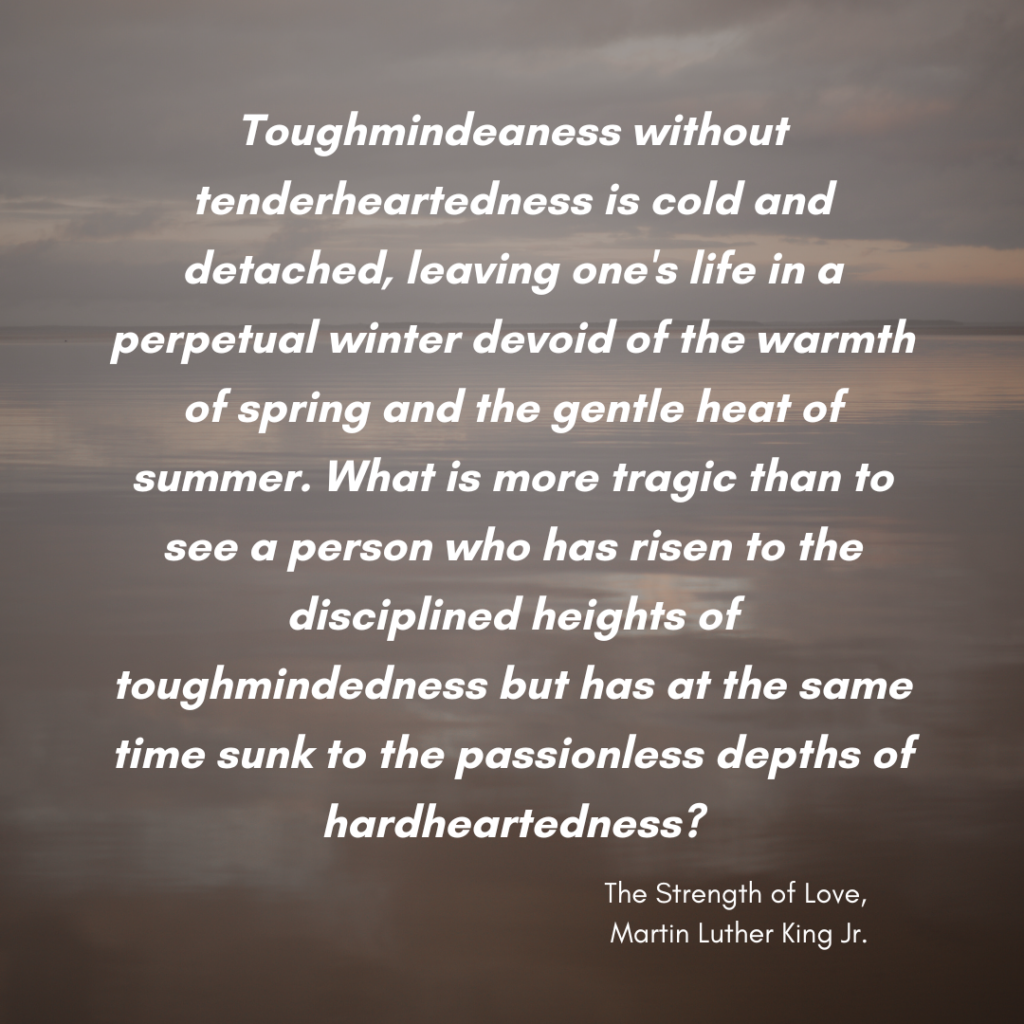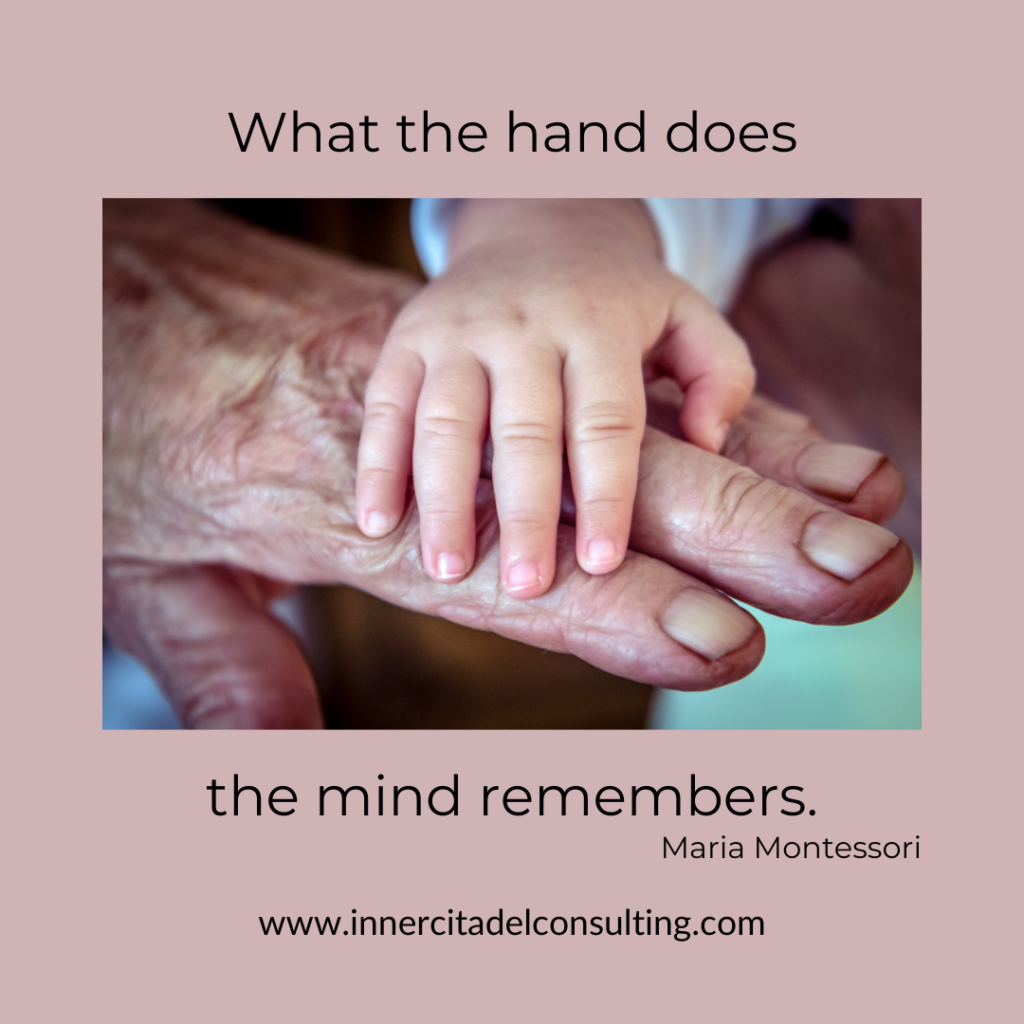In Part 1 of this series, we looked at how Stoics understood authenticity through purpose. This was *very* high level (or foundational depending on your point of view) and it focused on understanding our nature as aware creatures. For the Stoics, the specific purpose of a human being was to be aware of our perceptions and judgments, to evaluate them, and make the best choices we can. I suggested that this was super important for leaders, because when we don’t have a clear sense of our purpose, we won’t be able to make consistently ethical, purposeful, decisions.
Authenticity?
If we do not understand what we are, we cannot be authentic. So, embracing that we uniquely self-aware and able to use self-awareness to make decisions – progress to our telos, our fundamental purpose – is the first part of being authentic. If we lose this, we are no longer human.
We are not just thinking and aware creatures, though. We are also social creatures, with a natural affinity for other human beings. Not only do we need the support of a community when we are babies and children, we need community throughout our lives. Now, the interesting thing here, for the Stoics, is that this need is a secondary need – our first purpose is what we discussed before. That is, I can be fully human without community (though it would be hard), but I cannot be fully human without self-awareness.
What is community?
What did the Stoics mean by community? When you spend time reading the Stoics, especially the Roman Stoics like Seneca and Epictetus, you find out fairly quickly that they are radically counter-culture. Family and citizenship was the foundation of community in the Greco-Roman world. But the Stoics, while they valued family as our first community, came to a different conclusion. Our human nature, essentially, makes us community to all human beings. They called this “care and concern” for the human community oikeiosis οἰκείωσις, which literally means making all humans part of our oikos,our household.
(It’s a slightly complicated path they take to get to this conclusion, so I won’t elaborate here. Check out this link if you’re curious – it’s pretty cool.)
Own your beliefs like a Stoic

Whatever you might think about the Stoics, they followed their logic to the end, bitter or not. And the consequences of this conclusion about community are profound. On one level, it explodes the traditional structures of family and citizenship. Every human becomes, for me, a person to show care and concern toward just as I would myself or a blood relative. My first care and concern is for myself (put your own mask on first, folks!). But I have an obligation to treat every person as I would every other person, as I fulfill my primary purpose as a self-aware, choice-making human. Just think about that. High bar? Sure. What do you believe?
The other consequence is also profound: if a community is impairing your ability to live according to your purpose, you must leave. You have no more (or less) obligation to one group of people than you have to another, but you have a first obligation to your own well-being. Quiet-quitting? I don’t think so. How about misalignment around purpose and community, with employees preserving themselves by leaving a community that is harming them or not recognizing their humanity?
Interestingly, this idea of oikeiosis seems to be the basis for justice in the Stoic system. How we treat other people is a direct consequence of how we understand our own nature. How we approach reparation, vengeance, punishment, rehabilitation, victim rights, conflict resolution, community healing, compensation, employee benefits … all is a consequence of how we understand our nature as human beings in relation to each other.
Radical Authenticity
So, what’s the take away for leaders? In the first part of the series, we saw that how we understand our telos as aware, thinking, creatures shapes how we (should) understand everything we choose to do. We must strive to live according to that nature – it is our purpose. The consequence for our nature as social creatures is that we have obligations to act ethically, to make the best choices, in relation to our communities, including our workplaces. This is the consequence of living for our highest good.
How aligned are you at work? Do you lead the way you live? Why do you live or lead the way you do? How much of your leadership behavior is habit or reactive? What would it take to align and be radically authentic? Authenticity is more than “being genuine”, it is aligning all parts of your life and worldview and expressing the alignment through your actions.
But… but, that’s hard!!
Most of my former students found themselves happily agreeing with Stoicism, right to the point of discomfort. Even though they’d agreed with every step along the way, they often wouldn’t buy into the conclusion. Most of the time, they were pretty honest: “I see why that is and basically agree with it, but it would be too hard.” That’s cool – I have never wanted anyone to be a Stoic, and I am certainly not one myself.
But what I have always pushed people to consider is their basic, foundational beliefs about how they lead. If we can’t hold to our foundational beliefs because we have no idea what they are … that’s one thing. And there’s an easy fix: start thinking about it seriously. But if we can’t hold to our foundational beliefs because we feel stuck in the system, powerless to effect change, or just in a tough place personally … that’s a recipe for deep unhappiness and poor, possibly toxic, leadership. In that case, how will you show care and concern for yourself and those around you?
What do you believe? Where have you placed your ladder? How can I help?





